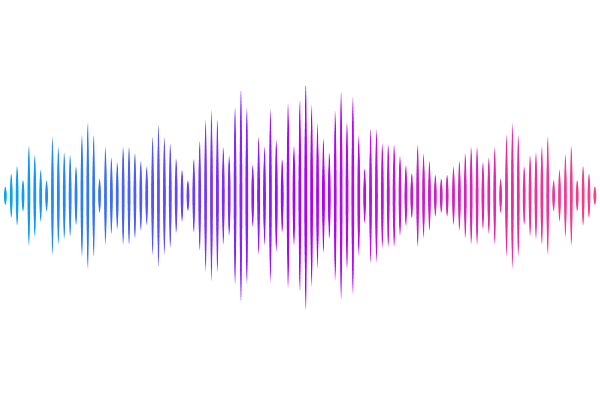Metabolic mode estimated by breathing reflects long-term motor memory

Metabolic mode estimated by breathing reflects long-term motor memory
Hayashi, T.; Nakano, N.; Washino, S.; Murai, A.
AbstractRespiration is a crucial metabolic process that converts macronutrients and oxygen (O2) into energy and carbon dioxide (CO2), supporting motor actions. In addition to the energy demands for movements, the brain is a significant energy consumer for neural activity and plasticity. However, it is not known whether breathing patterns can serve as an indicator for them as they can for movement intensity. According to computational theory, motor memory updating involves fast and slow timescales, which may correspond to neural activity and plasticity. To investigate whether breathing patterns reflect these time constants, human experiments assessed short- and long-term memories while recording the O2-CO2 gas exchange. We found that the respiratory exchange ratio (RER), an indicator of metabolic mode, was not influenced by the execution and learning of the reaching movement and was stable within individuals but diverse across individuals. Interestingly, the individual differences in the RER reflect individual variation in long-term memory rather than short-term memory. Furthermore, to manipulate the RER, we provided 200 kcal of glucose immediately before the task. Surprisingly, 24-hour retention increased by 21%. Together, the RER would serve as a remarkable proxy for long-term motor memory and ingesting glucose would shift the neurophysiological idling state for learning.